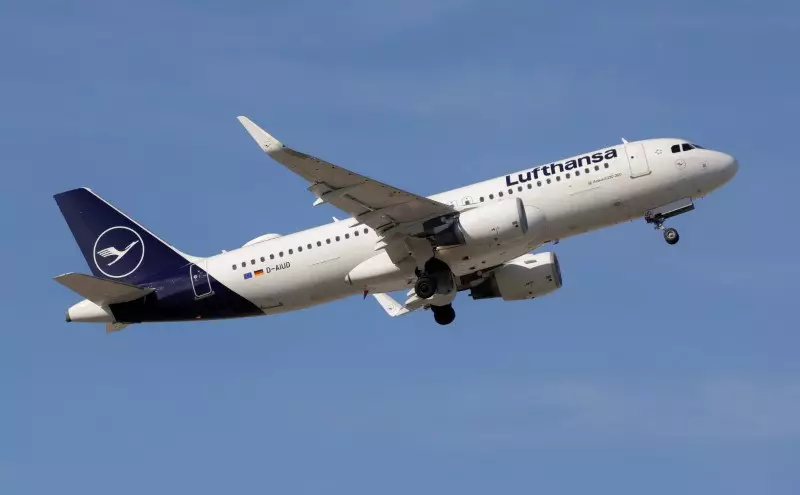The ongoing tensions in the Middle East have caused significant disruptions in international air travel, leading carriers worldwide to either suspend operations or reroute flights to avoid conflict zones. Such actions not only reflect the airlines’ commitment to passenger safety but also signify broader geopolitical implications that resonate throughout the aviation industry. This article delves into the ramifications of recent conflicts in the region and the responses from various airlines, shedding light on the complexities of modern air travel amid political strife.
A multitude of airlines have taken proactive measures to ensure their flights avoid potentially dangerous areas. Aegean Airlines, the Greek carrier, has cancelled all flights to Beirut, Amman, and Tel Aviv until August 22, a move echoed by several other international airlines. Algeria’s Air Algérie has similarly halted flights to Lebanon until further notice, while Latvia’s airBaltic has postponed services to Tel Aviv until August 25. Such widespread cancellations indicate a preemptive approach by airlines to navigate uncertain airspaces driven by geopolitical unrest.
Major players like Air France-KLM have also adjusted operations; KLM has cancelled flights to Tel Aviv until late October, and while Air France reinstated service to Beirut after a brief hiatus, Transavia, the group’s low-cost subsidiary, has suspended flights to both Tel Aviv and Amman until March 2025. This demonstrates a complex interplay of risk assessment and financial considerations faced by airlines that need to balance operational viability with customer safety.
The response of various governments to the escalating tensions has directly influenced airline operations. For instance, the United Kingdom issued travel advisories warning UK airlines against entering Lebanese airspace from early August until early November due to “potential risks to aviation from military activity.” Such directives are crucial, as they compel airlines to modify their routes and operational strategies in ways that may not have been considered previously.
Moreover, the U.S. carrier Delta Airlines has opted to extend its suspension of flights between New York and Tel Aviv until the end of August. This decision reiterates how airlines are compelled to heed government warnings and international norms, even if it results in a substantial reduction in scheduled operations.
Shifting Routes and Operational Dynamics
The dynamics of air travel are further complicated by airlines rerouting flights to circumvent conflict-prone areas. Singapore Airlines, for example, has altered its flight paths to avoid Iranian airspace entirely, reflecting a tactical shift in operations to prioritize safety, potentially leading to longer travel times. Meanwhile, Lufthansa Group has similarly implemented route modifications alongside a suspension of flights to various affected cities until late August.
Another aspect to consider is the operational impact on budget airlines, with Europe’s largest low-cost carrier Ryanair cancelling operations to Tel Aviv until the end of September due to “operational restrictions.” This acknowledgment of external influences on flight schedules highlights an industry at the mercy of geopolitical developments.
Financial Implications and Future Outlook
The financial ramifications of widespread flight cancellations extend beyond immediate operational costs; they can destabilize fare structures, affect travel demand, and ultimately change the landscape of air travel. A disrupted market can lead to increased fares as airlines attempt to recoup losses. Additionally, passenger uncertainty can persist long after operational stabilizations are reintroduced, as the fear of travel during periods of unrest lingers.
Moving forward, the resilience of the airline industry will be tested as geopolitical tensions evolve. Carriers must strike a delicate balance between ensuring safety and maintaining profitability, and future projections will need to consider both regional stability and evolving international regulations.
The intersection of geopolitics and aviation has never been more pronounced than in the current climate, where regional conflicts have far-reaching consequences for global air travel. As airlines grapple with flight suspensions and route changes, the need for strategic agility becomes evident. Stakeholders must adapt to a new reality where safety concerns shape operational decisions, ultimately redefining the travel experience for passengers worldwide. The resilience of the industry will hinge on its ability to navigate these turbulent times, emphasizing the critical importance of both safety and connectivity in the face of adversity.

